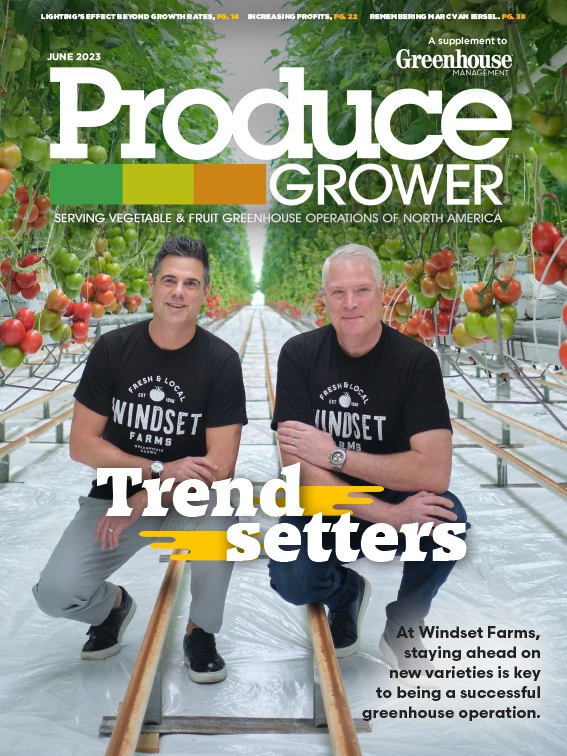
Upcycled products prevent food waste by creating new, high-quality products out of surplus food. This innovative approach to food waste is the first consumer product-based solution, says the Upcycled Food Association (upcycledfood.org), making it highly scalable and economically sustainable.
UFA is a nonprofit working to prevent food waste “by accelerating the upcycled economy.” UFA includes a network of more than 250 businesses globally, and recently launched the Upcycled Certified program, a certification for upcycled products and ingredients.
By transforming food byproducts, surplus and scraps into nutritious and tasty products, upcycling reduces waste, saves resources and promotes a more sustainable food system, the association explains. Food waste can be dramatically reduced with programs like this one. By using ingredients that may end up in a landfill, upcycling food not only reduces environmental impacts and feeds communities, it also creates a new revenue stream for growers, according to UFA.
In an April 27 upcycling-related webinar hosted by The Food Institute, investment experts Paul Mariani and Eric Markin of Mesirow Investment Banking revealed the upcycled food industry is projected to surpass $80 billion within a decade.
In the webinar, Mariani said he’s “very bullish” on the upcycled food sector.
“What excites us most about upcycling, frankly, is how it transcends the entire value chain,” Marini said. “It’s a high-growth trend that has gained tons of momentum.”
In a Q&A with the NYC Food Policy Center, Matriark Foods (matriarkfoods.com) founder Anna Hammond explained how the UFA works and what her company does for the circular systems of food upcycling.
“As a founding member of the Upcycled Food Association, Matriark helped define the process for third-party verification of certified upcycled food products. Matriark’s supply chain is where we innovate, disrupt and manifest the circular systems necessary to mitigate waste on a large scale.”
Matriark also works with small and mid-scale farmers to purchase their imperfect vegetables for processing.
“We’re always expanding our supply chain and developing new relationships,” she told the NYC Food Policy Center. “... We’ve partnered with Headwater to source our ingredients so that the end-product can be certified grown in New York. For our new tomato sauces, which launched last September — and can now be found in Whole Foods Markets in New York, New Jersey and Connecticut — we work with a tomato processor who has been throwing out more than 3 million pounds of tomatoes a year because they are too big, too small or too ripe for the product he produces.”
Get curated news on YOUR industry.
Enter your email to receive our newsletters.
Explore the June 2023 Issue
Check out more from this issue and find your next story to read.
Latest from Produce Grower
- The Growth Industry Episode 3: Across the Pond with Neville Stein
- PG CEA HERB Part 2: Analyzing basil nutrient disorders
- University of Evansville launches 'We Grow Aces!' to tackle food insecurity with anu, eko Solutions
- LettUs Grow, KG Systems partner on Advanced Aeroponics technology
- Find out what's in FMI's Power of Produce 2025 report
- The Growth Industry Episode 2: Emily Showalter on how Willoway Nurseries transformed its business
- 80 Acres Farms expands to Georgia, Texas and Colorado
- How BrightFarms quadrupled capacity in six months






